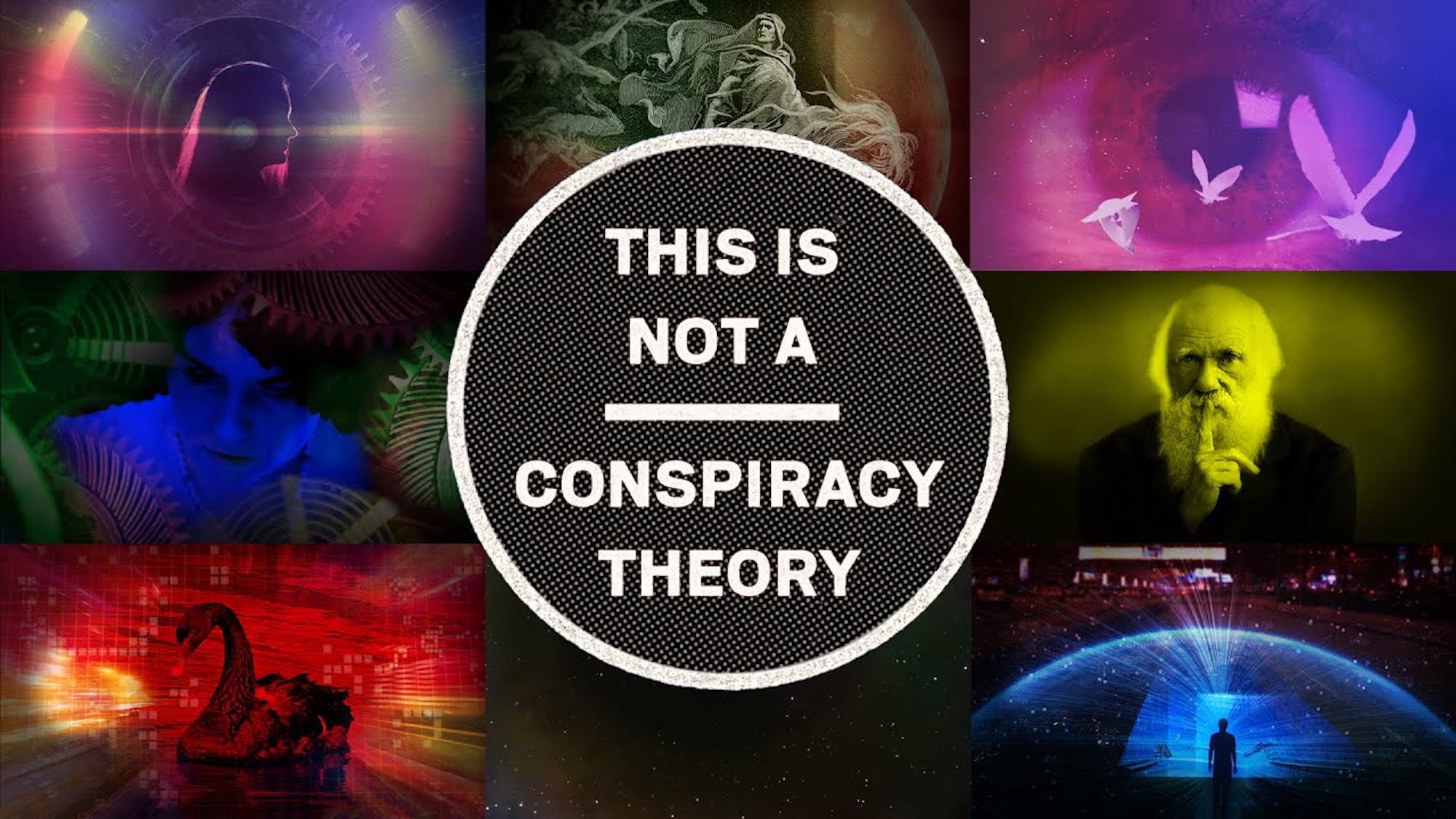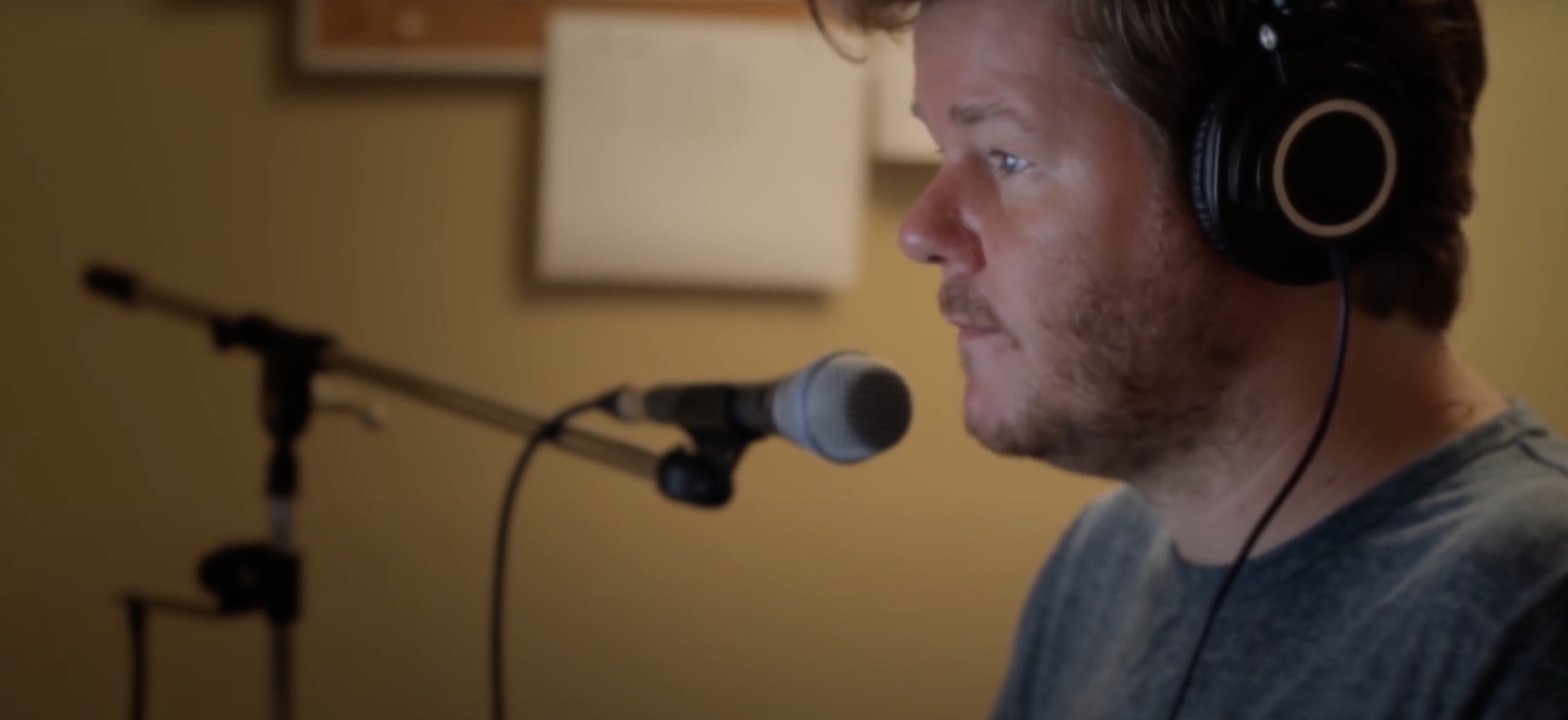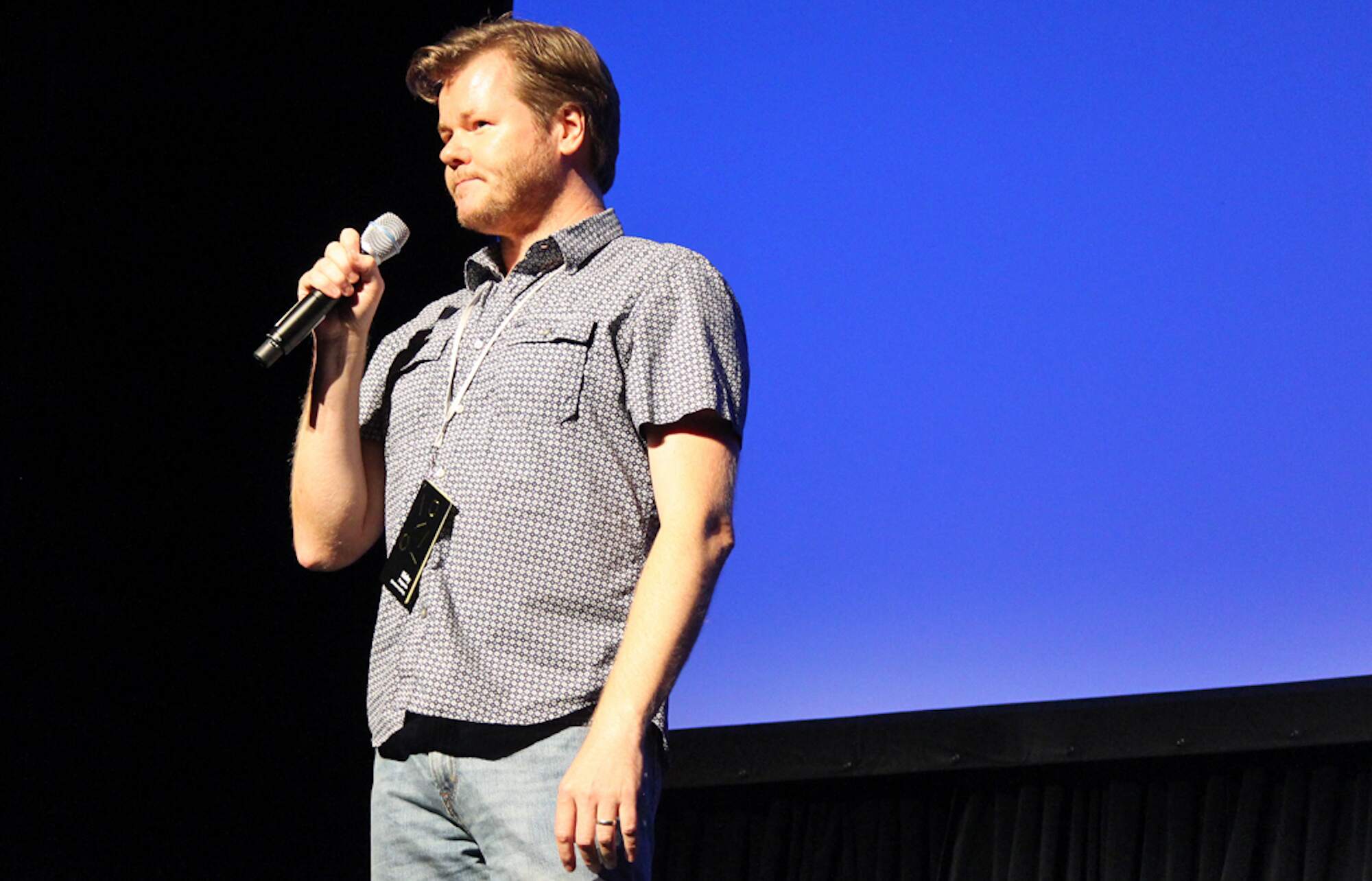
A fortnight ago in his personal newsletter Kirby Ferguson announced that he is set to retire from his career as an internet filmmaker. Citing a change in his livelihood as the key reason in doing so, Ferguson is shifting his focus away from the video essay culture in which he became such an influential voice. But he’s not going out without a bang. To coincide with the retirement Ferguson is releasing his 2020 documentary This is Not a Conspiracy Theory from behind a paywall for all audiences to see. He’s also finishing off the latest iteration of his acclaimed Everything Is a Remix series with two more chapters (the first two are available online now). As long time envious fans of Ferguson’s ideas packed work DN caught up with him soon after he announced his retirement to discuss his journey as an internet filmmaker, the decision to step away now, and the wide-spread influence he has both drawn from and offered to other online creatives.
I’d like to start at the beginning. What prompted you to become an internet filmmaker some 20 years ago?
Filmmaking is the ultimate medium to me because it can blend a bunch of media forms: live action film, animation, graphics, spoken word, music, sound effects, even text. I was always a kind of media omnivore so a format where I could do all those styles was really exciting to me. I’m a generalist and filmmaking is a good realm for a generalist.
How have you come to define the term ‘internet filmmaker’?
I think an internet filmmaker is someone who makes films in a more traditional way. There’s significant time and effort put into the writing and the production. Internet filmmakers try to make good pieces that can endure and they’re not just pumping out topical content. I think for the most part it takes an internet filmmaker a couple months at minimum to make a video.
It’s a term that embodies a plethora of other ancillary jobs vital to the success of the work you create, chief among them I would think being marketing. How much of the job has that been, alongside other ancillary things you do such as your store, Patreon and the like?
I can’t claim to be really good at this part, but I’m alright. I set up a very good shop with Printful. That was a sizable undertaking. I think I’ve got a really good shop and it’s performed well. Straight-up selling product has always worked best for me. After the shop was set up, the maintenance is pretty minimal. The main thing is just to refresh the inventory occasionally. Patreon has always been very slow-going. I gain a few Patrons, I lose a few, and growth is very slow. I think people are increasingly reluctant to take on new subscriptions and plenty of people just don’t use the platform. You’ve got to have consistently very popular videos for Patreon to work. I’ve even seen people with popular channels and very few patrons.
Internet filmmakers try to make good pieces that can endure and they’re not just pumping out topical content.
For marketing, I just try to use good judgement to reach out to people who might be interested in a particular video. Sometimes it’ll pay off, but mostly it’s very hard to tell if anything’s working. Mostly I stick to making the videos. When I went viral, like a decade ago, I don’t think the marketing mattered much at all. If people are genuinely excited about a video, that all just takes care of itself. But it’s very hard to make that kind of content, probably harder now than back then. And there’s a lot of luck involved.
How have you seen your approach to internet filmmaking develop over the last twenty years?
I started in sketch comedy, then went into vlogs, then into this video essay-type thing that I’m known for, which I’ve pushed very far. The thing that I zeroed in on was making media about media. That’s my thing. What I’m really good at is curating audio and video, then editing it into my own concoction. It’s a lot like sampling in hip hop. Then I’ve just made that Frankenstein thing more and more sophisticated over the years, I’ve managed to blend my voice, the music, and the video together better and better.
What I’m really good at is curating audio and video, then editing it into my own concoction.
Could you walk us through the process that takes you from initial idea to released video series? Also, what are the tools behind your filmmaking?
I start with a script and that’s the longest stage. Then I record voice over and create an audio mix with music. That becomes the template and sets the tone and pace. Then I just start to fill screen time. Sometimes there are clips I’ve collected that I can place, sometimes not. I mostly don’t pre-visualize the edit. At this point I can see better what’s not working and I revise the script. I go back and forth between editing and revising the script a few times. The final stage is plugging the difficult-to-visualize bits.
I edit on an M1 Macbook Pro with an external 4k display and use a Wacom tablet. That laptop only has two USB ports, which is a problem, but I’ve managed to work around it.
You mentioned in your newsletter that a change in your livelihood prompted your choice to retire, I was wondering if you could expand on that decision? It must’ve taken a lot of consideration.
Yeah, it’s been building for at least three years. My career was going well as, like, a ‘thought leader’ or whatever for about four years, then I squeaked by for another four, then the last few it’s really not been working and I’ve essentially been doing volunteer work. Ending it was first and foremost a financial decision. It wasn’t working, I have a baby, and I gotta make money. And the work just wasn’t resonating enough. I’m honored and grateful to have thousands of people who love my stuff but it didn’t feel like what I was doing was impactful enough, considering how much effort was going in. I never really found a niche, or not a sustainable one anyway.
Ending it was first and foremost a financial decision.
You’re going out with a bang with two of your biggest projects, firstly your 2020 doc This is Not a Conspiracy Theory is coming online and you’re finishing off your Everything Is a Remix series. Why did you want to close out this chapter of your filmmaking with these projects?
It wasn’t planned! It just happened but it definitely feels right to be ending with these. This is Not a Conspiracy Theory is a project I worked on for eight years but it’s been behind a paywall that whole time so not many people have seen it. It feels right to put it out there for everyone to see now and it’s still highly relevant. And Everything is a Remix was my baby and my big break. It’s what started my career and that I’m ending it with that just feels perfect.


Your films are focused on the overlapping and interconnected nature of culture. I’m curious to know how you feel your work or approach has been influenced by, or has gone on to influence other creators? Bit of a wordy question that one!
Wow, I mean I’ve been influenced by innumerable people. I’m a media junkie and there’s probably thousands of people who’ve influenced me in meaningful ways. I can’t even begin to untangle that. As for my influence on others, I get emails about that all the time and it consistently chokes me up. That I got to inspire people and be a little figure who endures in their imaginations is just beyond words. I’m both grateful and proud of that.
How has the heavy sampling nature of your work been frustrated by copyright concerns and even more impactful, the faceless use of YouTube’s Content ID system and channel strikes? How have you managed to navigate your way around that all these years?
I actually think Content ID is pretty cool in a lot of ways. It’s certainly very good for musicians and labels. But for filmmakers, it essentially lets you license awesome music very easily. You just have to write off all revenue 100%! That’s the bad part. It seems like a 50/50 split would make more sense. The video creator gets half the revenue for creating something people want to watch, the music label gets half, which seems very generous. Right now it’s very lopsided to music labels.
I’ve actually never got a copyright strike. I mostly keep my samples very short, which is a huge help. And I encourage all filmmakers to have a solid comprehension of fair use. I made a video about this and I consider it essential to watch.

What insights would you give to someone who’s just embarking on a career in internet filmmaking or as a content creator?
Honestly, I would be careful what you wish for. There’s an unreal number of people creating content right now and a lot of people are burning out because it’s a grind. I would focus first on questions like: What stories need to be told? How can I make the world a little bit better? What are you passionate about and what is your mission? If that’s in the form of content, great, but I think a lot of people get into it because they want to be liked and I think that will end in tears. There will never be enough likes and if there are it’ll probably turn you into a weirdo.
There’s an unreal number of people creating content right now and a lot of people are burning out because it’s a grind.
And finally the big question, what is next for you work-wise?
That is the question! I’ll be focusing on freelance work, probably mainly editing, though I might be doing some original films for outlets like The New York Times, who I’ve worked with a few times now. But basically, there is no plan. I’m just diving in and figuring it out.


